14 Ways Life in Britain Feels Different Without Queen Elizabeth
Since Queen Elizabeth II passed away, life in Britain has undergone several noticeable changes. These transformations, while subtle and minor, have reshaped both everyday experiences and larger societal functions.
Here are several ways Britain feels different.
King Charles Becomes a Daily Presence
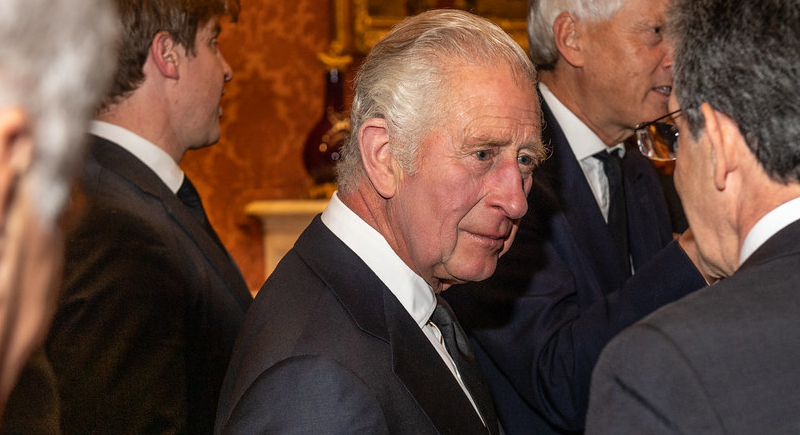
Credit: flickr
The most visible transition is from Queen Elizabeth’s image to King Charles’s. His portrait now graces coins, banknotes, stamps, and even legal documents. This marks the beginning of a new era, one that slowly replaces the late queen’s presence across public and private spheres.
Lyrics Adjusted in the National Anthem
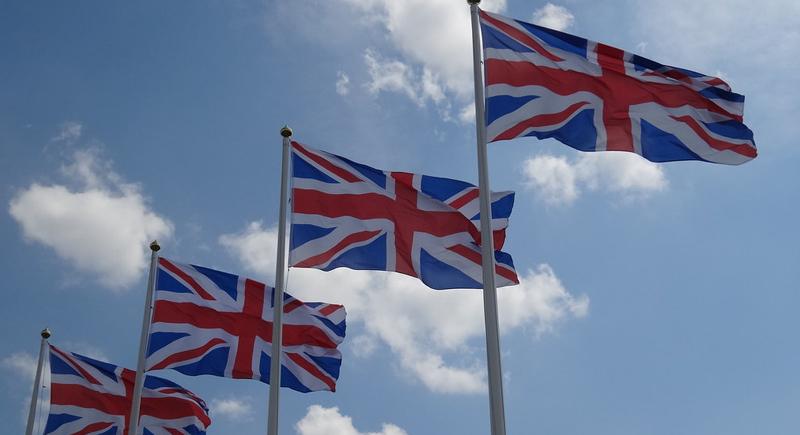
Credit: flickr
Britain’s national anthem is now “God Save the King,” as opposed to the previous “God Save the Queen”. While the anthem has always stood for national unity, the change has a practical side. It’s a regular reminder, heard at public events, that the son holds the title that his mother once did.
Royal Family Website Revisions
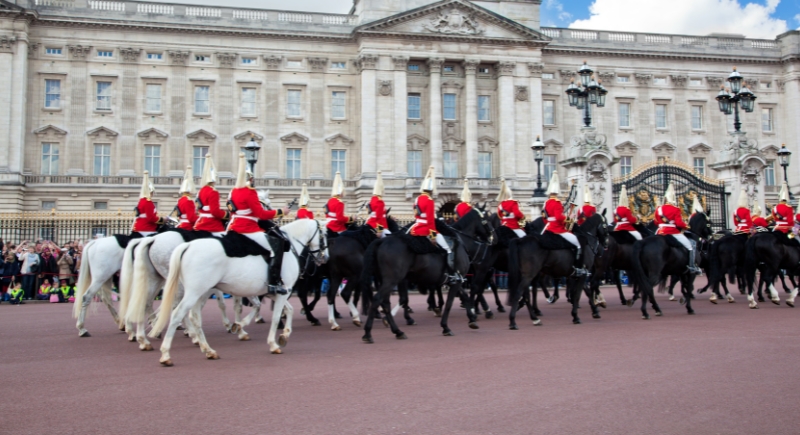
Credit: Canva
Prince Harry and Meghan Markle decided to step down as senior royals in 2020. Following the event, they were allowed to keep their HRH titles but were no longer permitted to use them in public. To reflect the alteration, the royal family’s website removed Harry’s HRH title and updated Meghan’s profile.
A Costly Coronation
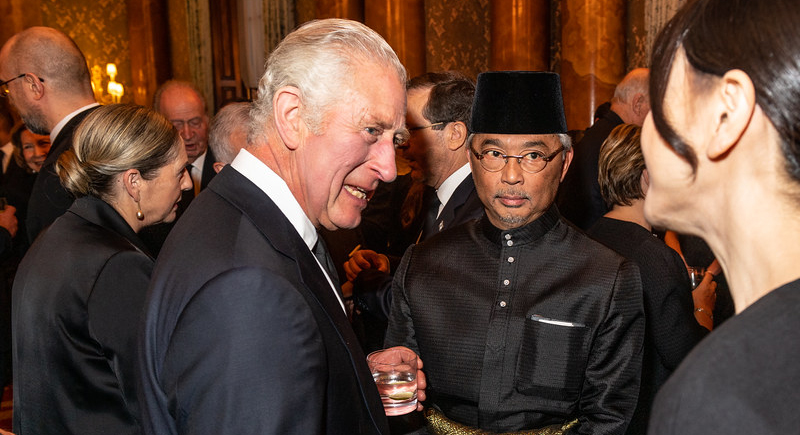
Credit: flickr
Charles’s coronation was significantly more expensive than his mother’s. It came with a price tag between £50 million and £100 million, which was much higher than the cost of Queen Elizabeth’s ceremony in 1953. However, it was inclusive, with a multi-faith approach that broke from royal tradition.
Post Boxes and Royal Cyphers
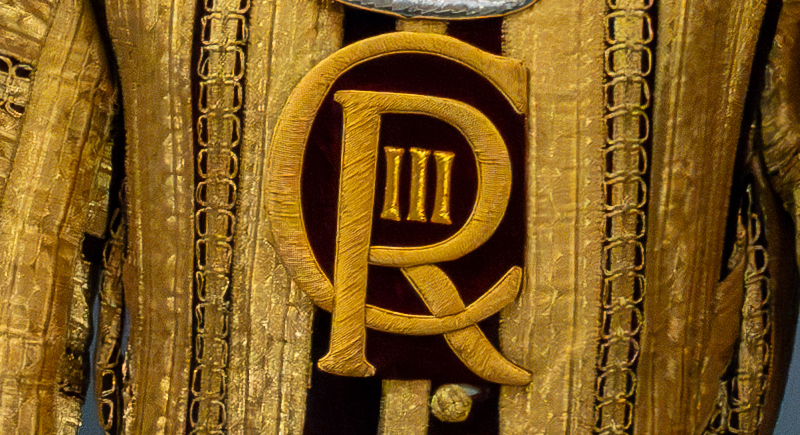
Credit: Wikimedia Commons
For decades, British post boxes bore the cypher of Queen Elizabeth, marked with “ER” for Elizabeth Regina. These symbols were a constant part of British life that appeared on thousands of post boxes across the UK. While these post boxes will remain in place, new post boxes will display the monarchy’s cypher as they are introduced.
Casual Etiquette at Public Events
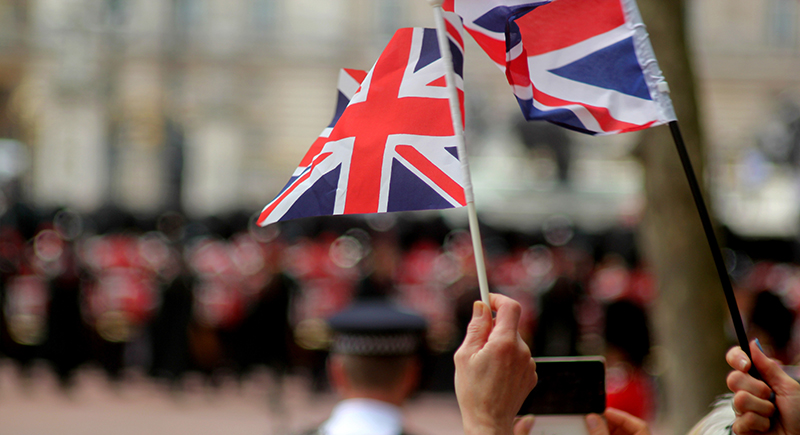
Credit: iStockphotos
King Charles often stops to chat with well-wishers during his visits. He is seen connecting with crowds in a way that feels warm and personal. An approachable style of interaction like this one contrasts with the traditional formality expected at royal events.
Food Choices Reflect Personal Ethics

Credit: iStockphotos
As the newly appointed monarch, King Charles has discouraged foie gras at royal residences, in an attempt to align with his strong stance on animal welfare. This is in line with his long-standing preference for plant-based eating and organic farming. He’s used his position to promote sustainable food choices, including vegetarian dishes like the coronation quiche.
Less Involvement in Charity Work
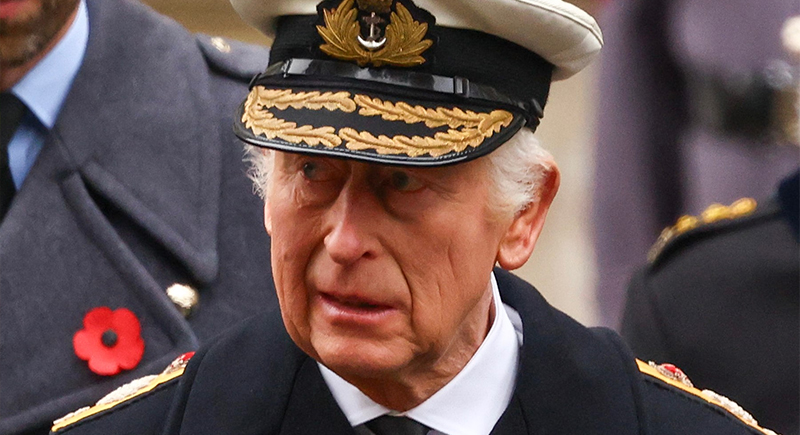
Credit: Wikimedia Commons
The King has long been dedicated to environmental causes and sustainability. His hands-on approach involved direct engagement with these organizations, often participating in events and projects. However, as a sovereign, he can no longer be as involved.
Royal Titles and Succession
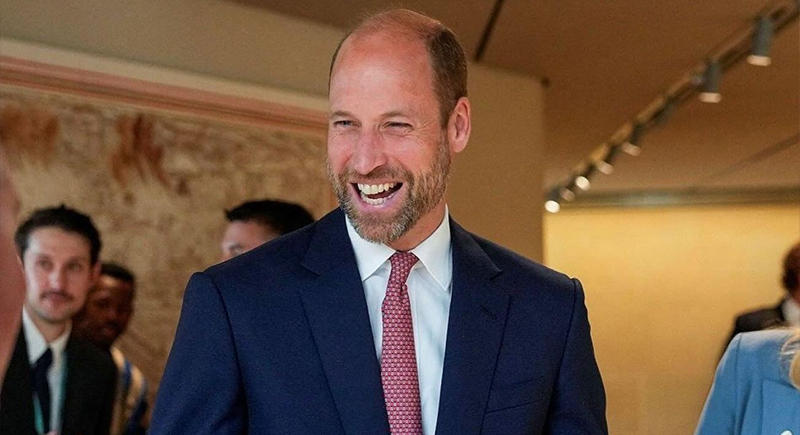
Credit: Instagram
When a monarch ascends the throne, certain royal titles are passed to the next in line. The title of Prince of Wales, traditionally held by the eldest son, is given to William, while Kate assumes the title of Princess of Wales. The two are prominently positioned in the royal family, with their children, including Prince George, following in the line of succession.
A Different Kind of State Visit

Credit: iStockphotos
In her later years, Queen Elizabeth’s state visits were less frequent, with travel becoming limited due to her age and health. On the other hand, King Charles has taken a more hands-on approach to international diplomacy. He focused on global issues like climate change on his first state visit to Germany.
Passports Get a Rewrite
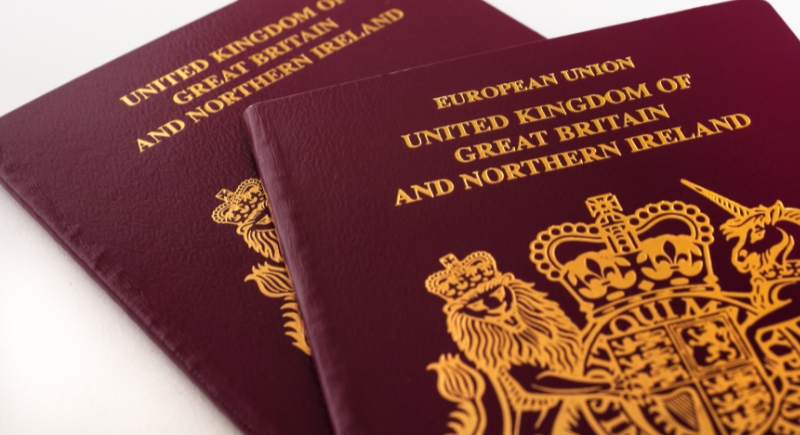
Credit: Canva
If you’re applying for a British passport, it will now feature “His Majesty” instead of “Her Majesty.” These passports will be among the first official documents to reflect the current sovereign. Over time, older stock will be replaced, which will make the new passports a consistent part of daily life.
Legal Terminology Evolves
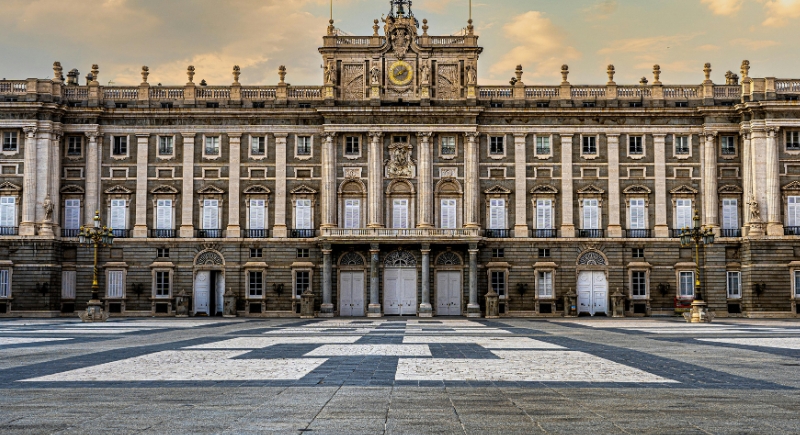
Credit: Canva
Top barristers are gradually being referred to as King’s Counsel (KC), replacing the previous Queen’s Counsel (QC) title. This is likely to affect thousands of legal professionals, including leading figures in the field. The use of KC will reinforce the connection between the legal profession and the monarchy.
Royal Home Has Not Yet Changed
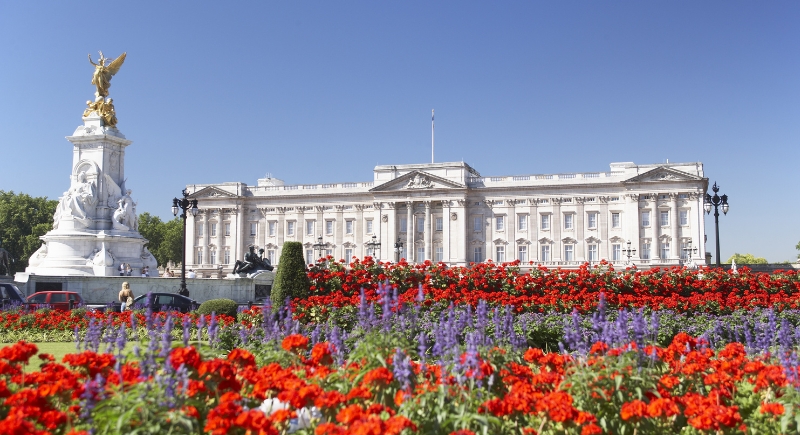
Credit: Monkey Business Images
While Queen Elizabeth spent most of her reign at Buckingham Palace, King Charles and Queen Camilla have chosen to remain at Clarence House. Buckingham Palace is undergoing renovations, and after those are complete, Charles may leave his long-time residence and move to the palace.
Environmental Efforts Inside the Palace
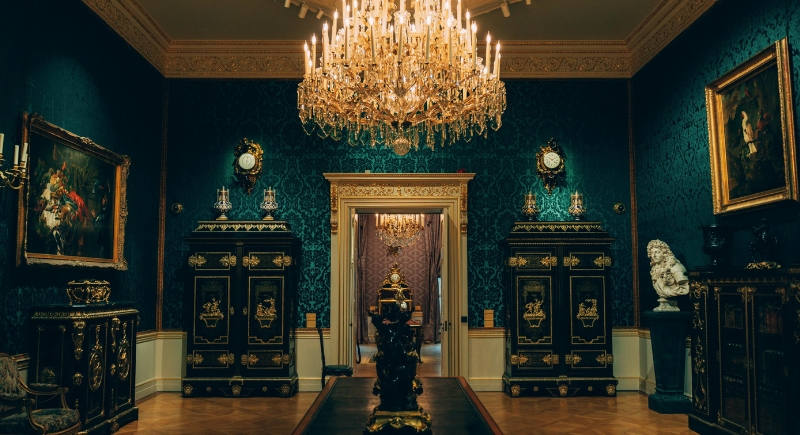
Credit: pexels
King Charles has attempted to promote energy conservation and adopt more sustainable practices within the household. His practices demonstrate his desire to set an example for more sustainable living, even within the royal household.
Citizenship Oaths Now Honor the King
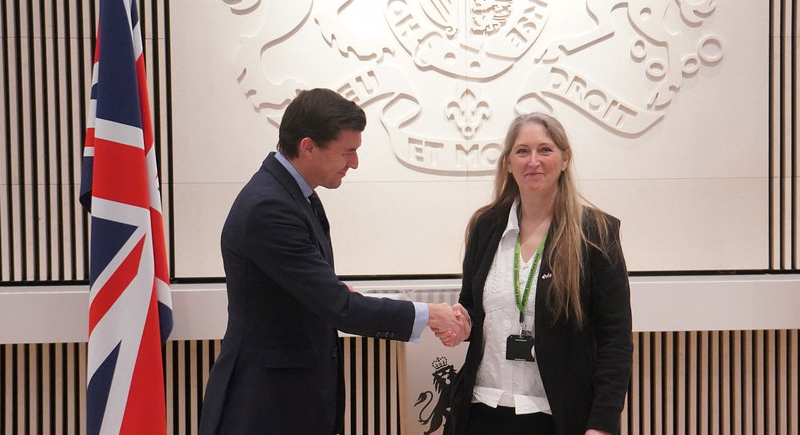
Credit: flickr
Swearing allegiance during citizenship ceremonies used to involve pledging loyalty to Queen Elizabeth II. The oath, a formal part of the ceremony, reflected the nation’s connection to the crown. Today, the wording of the oath relates to King Charles III as the person to whom new citizens pledge their loyalty.